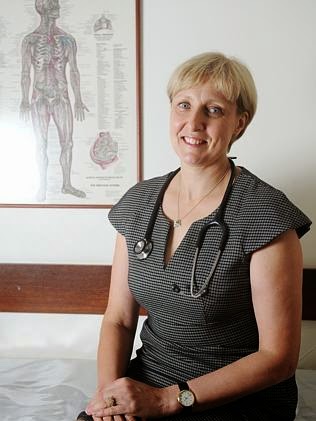Over six years ago, I analyzed how an intractable futility dispute might be resolved under Virginia law. Earlier this month, I explained that Virginia is considering legislation to strengthen the governing law.
Today, the bill's author explains his objective. "Del. Chris Stolle, a Virginia Beach Republican who is a doctor, was approached by other doctors to clarify state law to say a physician has the right to stop care that's medically and ethically inappropriate over the objections of the patient, family or advocate after a 14-day period of trying to transfer the patient to a doctor or hospital who will provide such care."
"Currently, the law says a doctor must try to find other care during that period but leaves hanging what can be done once the time comes to a close." Stolle explained: "There needs to be some closing of the loophole."
Today, the bill's author explains his objective. "Del. Chris Stolle, a Virginia Beach Republican who is a doctor, was approached by other doctors to clarify state law to say a physician has the right to stop care that's medically and ethically inappropriate over the objections of the patient, family or advocate after a 14-day period of trying to transfer the patient to a doctor or hospital who will provide such care."
"Currently, the law says a doctor must try to find other care during that period but leaves hanging what can be done once the time comes to a close." Stolle explained: "There needs to be some closing of the loophole."


































